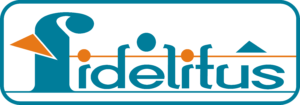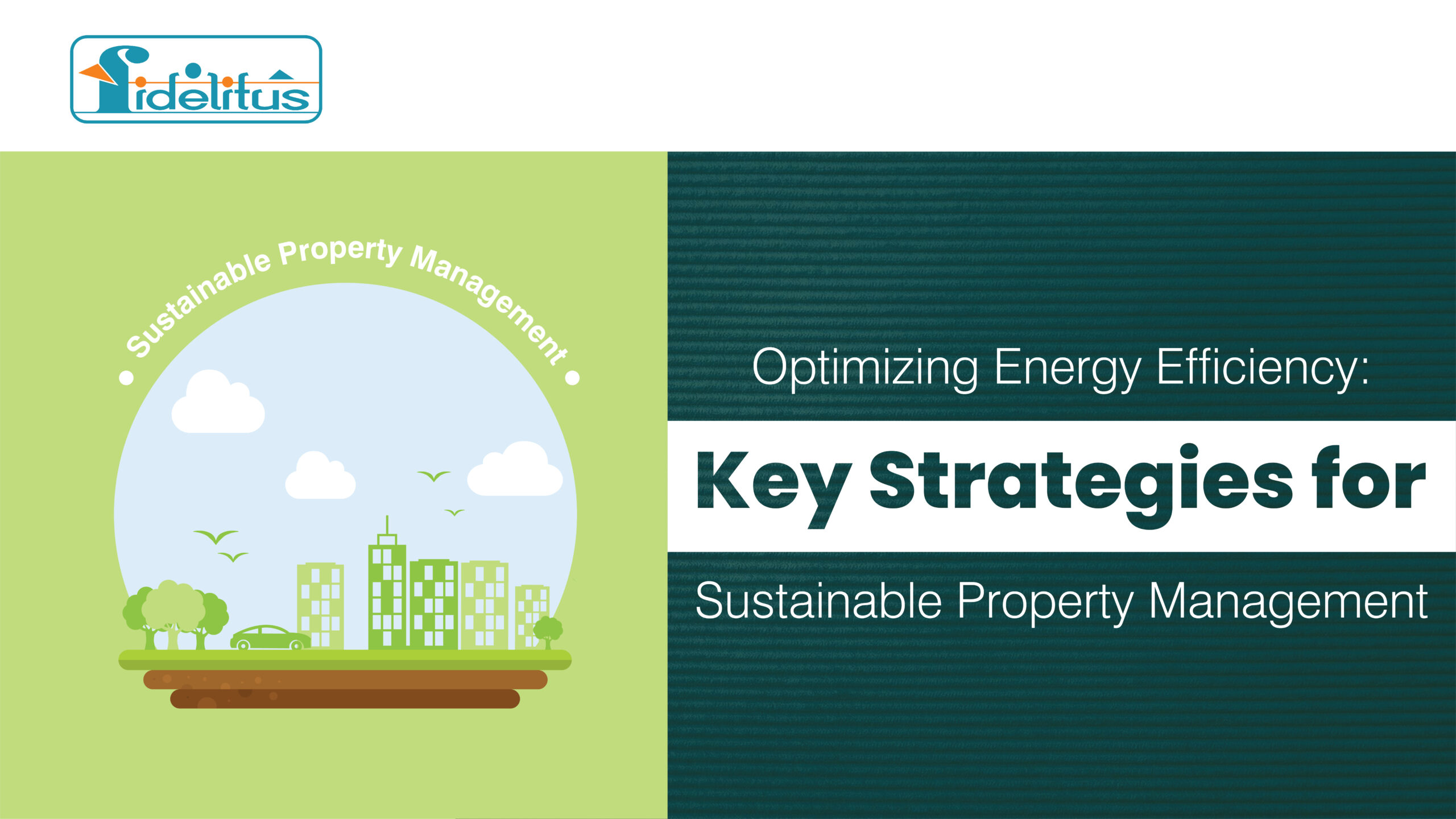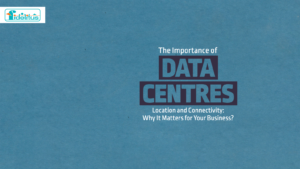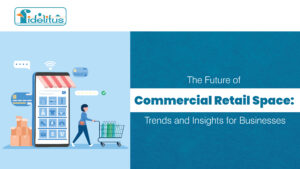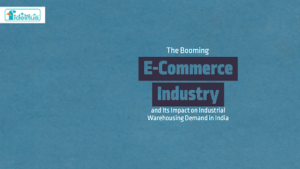Introduction:
In today’s rapidly changing world, the need for sustainable practices in property management has become paramount. Optimizing energy efficiency is not only crucial for reducing carbon footprints but also for achieving substantial cost savings and enhancing brand reputation. This article dives into the key strategies to drive sustainable property management and maximize energy efficiency.
1. The Significance of Energy Efficiency in Property Management
Commercial properties are major contributors to carbon emissions, making energy efficiency a critical focus for sustainable property management. By implementing energy-efficient practices, property managers can:
- Reduce environmental impact and contribute to global efforts in combating climate change.
- Achieve substantial cost savings by minimizing energy consumption and lowering utility bills.
- Enhance brand reputation by showcasing a commitment to sustainability and attracting environmentally conscious tenants and investors.
2. Conducting Comprehensive Energy Audits
To identify energy-saving opportunities and create a roadmap for energy efficiency
improvements, conducting thorough energy audits is essential. Fidelitus Corp offers
comprehensive energy audit services that involve:
- Gathering detailed data on energy consumption, including electricity, heating, cooling, and water usage.
- Analyzing the data to identify inefficiencies and areas for improvement.
- Conducting on-site inspections to assess equipment, insulation, and building
envelope. - Providing detailed reports with recommendations for energy-efficient measures
tailored to each property.
3. Implementing Energy-Efficient Measures
Fidelitus Corp specializes in implementing a range of energy-efficient measures to optimize property performance. Some key strategies include:
- Lighting Upgrades: Replacing traditional lighting with energy-efficient LED systems, incorporating motion sensors and daylight harvesting for optimal lighting control.
- HVAC System Optimization: Installing programmable thermostats, regular maintenance, and retro-commissioning to improve efficiency and occupant comfort.
4. Integrating Renewable Energy Sources
Fidelitus Corp recognizes the significance of renewable energy integration to achieve
sustainable property management. They provide expertise in:
- Solar Energy: Assessing the feasibility of solar panel installations, including rooftop and ground-mounted systems, to generate clean energy and reduce reliance on the
- Wind Energy: Evaluating wind resource potential and feasibility for harnessing wind power through turbines in suitable locations.
- Battery Storage Solutions: Implementing energy storage systems to store excess renewable energy for later use and enhance overall energy efficiency.
5. Leveraging Building Automation Systems
Building Automation Systems (BAS) play a crucial role in optimizing energy management. Fidelitus Corp leverages BAS to:
- Monitor Real-time Energy Consumption: Collecting data on energy usage and performance indicators to identify anomalies and optimize energy efficiency.
- Automated Controls: Utilizing programmable systems to regulate HVAC, lighting, and other building systems based on occupancy schedules and demand.
- Data Analytics: Employing advanced analytics tools to analyze energy data, identify trends, and make informed decisions for further optimization.
6. Promoting Tenant Engagement and Education
Engaging tenants in energy conservation practices is vital for sustainable property management. Fidelitus Corp employs various strategies to promote tenant engagement:
- Tenant Education: Organizing workshops, seminars, and educational materials to raise awareness about energy-efficient practices and encourage behavior changes.
- Incentive Programs: Implementing rewards programs or competitions to motivate tenants to reduce energy consumption and contribute to sustainability goals.
- Transparent Communication: Establishing open lines of communication to keep tenants informed about sustainability initiatives, energy-saving tips, and progress updates.
7. Monitoring, Measurement, and Benchmarking Continuous monitoring, measurement, and benchmarking are crucial for tracking energy performance and identifying areas for improvement. Fidelitus Corp utilizes:
- Energy Management Software: Implementing advanced software tools to track real-time energy usage, analyze data, and generate comprehensive reports.
- Key Performance Indicators (KPIs): Defining specific KPIs, such as energy intensity, greenhouse gas emissions, and energy cost per square foot, to measure and compare energy efficiency across properties.
- Industry Standards and Certifications: Adhering to recognized standards, such as LEED (Leadership in Energy and Environmental Design), to benchmark energy performance and validate sustainability achievements.

Optimizing energy efficiency is no longer a luxury but a necessity in today’s sustainable property management landscape. Fidelitus Corp, a leading commercial property services provider, takes a proactive approach to drive energy efficiency and sustainability. By conducting comprehensive energy audits, implementing energy-efficient measures, integrating renewable energy sources, leveraging building automation systems, promoting tenant engagement, and embracing continuous monitoring, Fidelitus Corp sets a benchmark for sustainable property management. By adopting these key strategies, property owners and managers can reduce environmental impact, achieve significant cost savings, and create a positive and sustainable future for their properties and the planet.

